New article on Rose Rosette Disease
henry_kuska
11 years ago
Related Stories
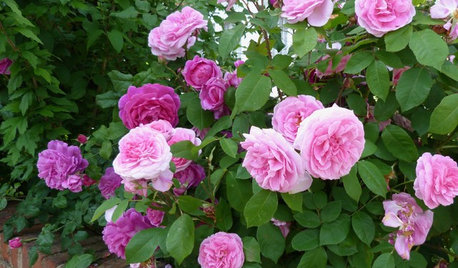
GARDENING GUIDESWhat Kind of Roses Should You Grow?
Want to add the beauty of roses to your garden? Find out which ones, from old-fashioned to modern, are right for you
Full Story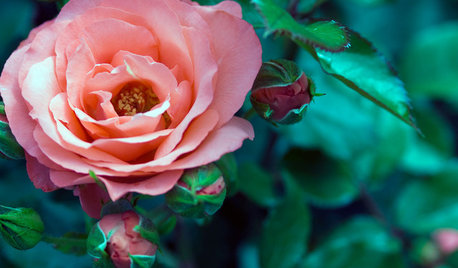
GARDENING GUIDESLearn the Secret to Bigger and Better Roses
Grow beautiful roses using both ordinary and unusual soil amendments
Full Story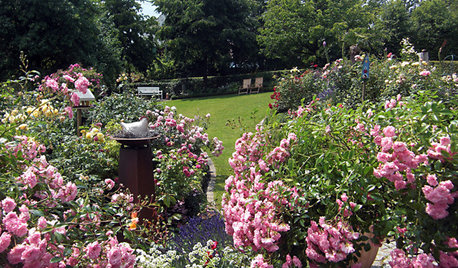
GARDENING GUIDES5 Sweet to Spirited Pink Roses for an Enchanting Garden
Whether you go demure or daring, there's a pink rose here to make you flush with garden pride
Full Story
GARDENING GUIDESGreat Design Plant: Rosa Banksiae a Low-Maintenance Beauty
This thornless, disease- and insect-resistant rose brings showers of white or yellow flowers to the spring garden
Full Story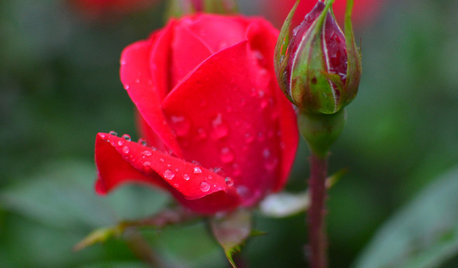
GARDENING GUIDESGreat Design Plant: Knock Out Roses
As glorious as their high-maintenance kin for a fraction of the work, Knock Out roses make even beginners look like garden stars
Full Story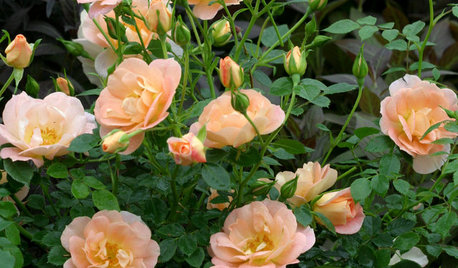
GARDENING GUIDES6 Wonderfully Easy Roses for Any Gardener
Look like an expert even if you're just starting out, with these low-maintenance gems of the rose world
Full Story
GARDENING GUIDESRoses: Crowning Touch of Gardens
Whether you're the Miss or Mister America of gardening or take a hands-off approach, roses can be a winning addition to your landscape
Full Story
WINTER GARDENINGPruning Secrets for Exquisite Roses
Encourage gorgeous blooms year after year with this time-tested advice on how to prune your rosebush in winter for health and shape
Full Story
SPRING GARDENINGHow to Grow a Rose Garden in Pots
Everything can come up roses, even without a plot of soil in sight. This step-by-step guide to growing roses in containers shows you how
Full Story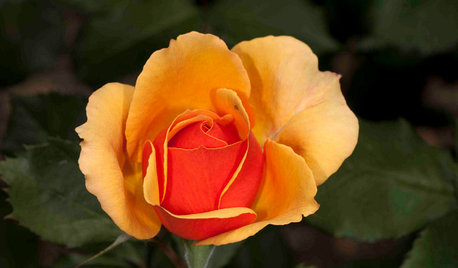
SPRING GARDENING5 Exotic Rose Colors for a Beautifully Different Garden
Give red a rest. Let these daring hues take the spotlight instead for a rose garden that turns heads
Full StoryMore Discussions






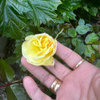

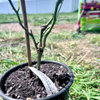
dublinbay z6 (KS)
henry_kuskaOriginal Author
Related Professionals
Beachwood Landscape Architects & Landscape Designers · Grand Haven Landscape Architects & Landscape Designers · Horsham Landscape Architects & Landscape Designers · Rancho Palos Verdes Landscape Architects & Landscape Designers · Mount Wilson Landscape Architects & Landscape Designers · Camp Verde Landscape Contractors · Clearlake Landscape Contractors · Cockeysville Landscape Contractors · Fair Oaks Landscape Contractors · Kettering Landscape Contractors · New Providence Landscape Contractors · North Canton Landscape Contractors · Riverhead Landscape Contractors · San Rafael Landscape Contractors · Wanaque Landscape Contractorshartwood
dublinbay z6 (KS)
lola-lemon
henry_kuskaOriginal Author
henry_kuskaOriginal Author
henry_kuskaOriginal Author
erasmus_gw
henry_kuskaOriginal Author
henry_kuskaOriginal Author
amandahugg
lsst
erasmus_gw
henry_kuskaOriginal Author
erasmus_gw
karl_bapst_rosenut
henry_kuskaOriginal Author
anntn6b
henry_kuskaOriginal Author
henry_kuskaOriginal Author
henry_kuskaOriginal Author
henry_kuskaOriginal Author
henry_kuskaOriginal Author